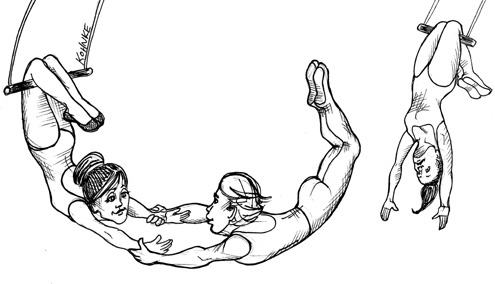11DIP: THE DEPENDENCY INVERSION PRINCIPLE

The Dependency Inversion Principle (DIP) tells us that the most flexible systems are those in which source code dependencies refer only to abstractions, not to concretions.
In a statically typed language, like Java, this means that the use, import, and include statements should refer only to source modules containing interfaces, abstract classes, or some other kind of abstract declaration. Nothing concrete should be depended on.
The same rule applies for dynamically typed languages, like Ruby and Python. Source code dependencies should not refer to concrete modules. However, in these languages it is a ...
Get Clean Architecture: A Craftsman's Guide to Software Structure and Design now with the O’Reilly learning platform.
O’Reilly members experience books, live events, courses curated by job role, and more from O’Reilly and nearly 200 top publishers.

